Testicular pain can be caused by a variety of reasons. It is usually just a temporary symptom, and has no underlying condition or permanent nature. Still, some cases of testicular pain can be severe enough to cause erectile dysfunction or even impotence. In this article, we will give a brief overview of common causes of testicular pain.
Minor Trauma
A direct hit of minor intensity to the scrotum or testicles causes strong, but short – lasting pain, which usually fades away within minutes. Most lasting consequence of such trauma can be the bruise. This type of injury is common in athletes.
Severe Trauma
A direct hit with substantial force can cause a blood clot or collection of blood (condition known as hematocele) within the testicles. This can increase internal pressure in the testicle to the point where it can rupture. This condition might require surgery, if it is very serious.
Torsion of the Testicles
It is possible for the testicle inside the scrotum to twist. This condition reduces blood supply to the affected testicle, or cuts it off completely. Lack of oxygen and nutrients can cause the testicle to whither off and die very quickly, so this condition is regarded as a medical emergency, and needs to be fixed by surgical intervention as soon as possible.
Torsion of the testicles mostly affects newborns, boys between 12 and 18 years of age, and can affect adults only in case of some anatomic irregularities of the testicle structure.- In recent years, ultrasonography has emerged as the decisive radiological study for diseases of the scrotum, although there is no consensus on its reliability for the exclusion of testicular torsion.
- The scrotum should be inspected and a brief general physical examination should be performed. The involved testis should be palpated, and its position, size, and tenderness (if any) should be noted in comparison to the other side.
- The differential diagnosis includes torsion, infection, trauma, tumor, and rarer causes.
- Testicular torsion is a suddenly occurring rotation of a testis about its axis, resulting in twisting of the spermatic cord.
- Whenever Doppler ultrasonography yields a suspected diagnosis of testicular torsion, emergency surgical exploration of the testis is indicated.
- The torsion event often occurs before birth, making the diagnosis difficult. The percentage of severe tesicular damage is 100%, according to some studies.
- Hydatid torsion is generally treated symptomatically, with bed rest, local cooling, and, in some cases, anti-inflammatory drugs.
- Epididymitis and orchitis are viral or bacterial infections of the epididymis and testis. Bacterial infections are very rare in children. The symptoms generally arise more slowly than those of testicular torsion.
Infection
Infected testicles are painful. Infections are more common in men older than 18. Common causes of infection are sexually transmitted diseases such as chlamydia or gonorrhea. Enlarged prostate, condition common in older men, can also cause infection of the testicles.
Kidney Stones
Spread of pain through the nearby nerves can cause pain in the region where the actual source of pain is not located. Thus, a kidney stone can cause pain that is felt in the testicles and can be misinterpreted for testicular pain.
Testicular Appendage Torsion
This condition can affect boys aged from 3 to 14. The testicular appendage is a function-less part of the testicle, but if flow of blood to it is hampered due to twisting of the blood vessels, it may cause pain between the testicle and the epididymis.
Inguinal Hernia
This is a condition where a part of the intestine enters the scrotum. This can cause pain and swelling of the testicles. Surgery is required to resolve this condition. Tough not very common, the defect in the abdominal wall may cause the testicles to swell and become painful. Again, surgical intervention is necessary.


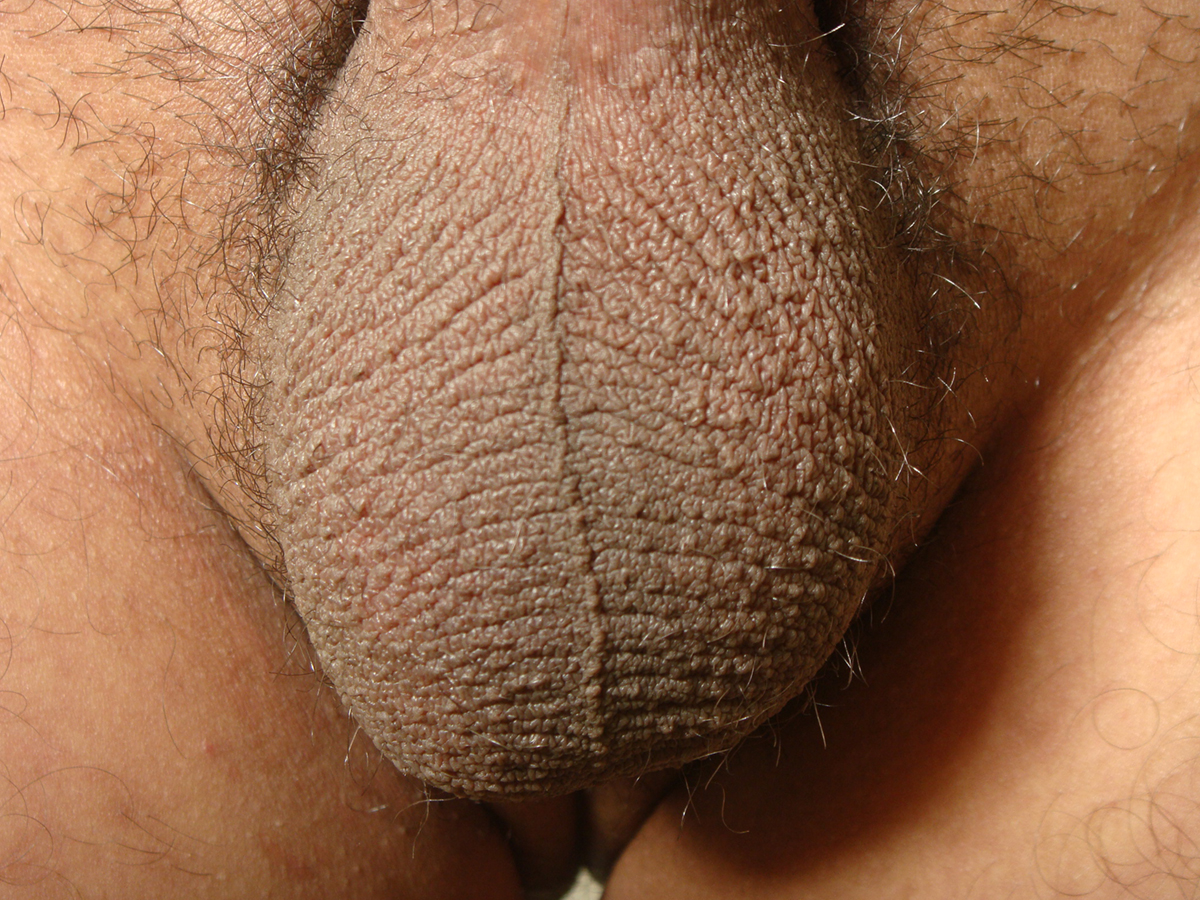
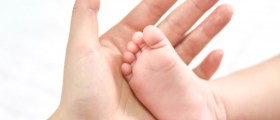
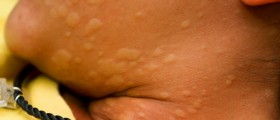
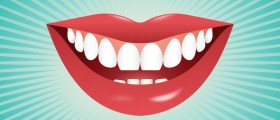
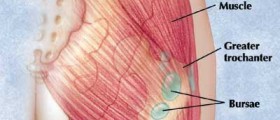

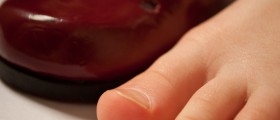
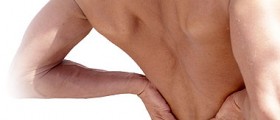
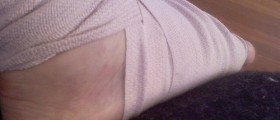

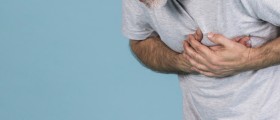

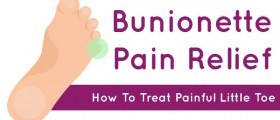

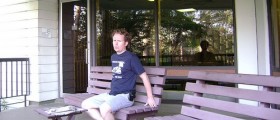
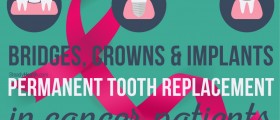
Your thoughts on this
Loading...